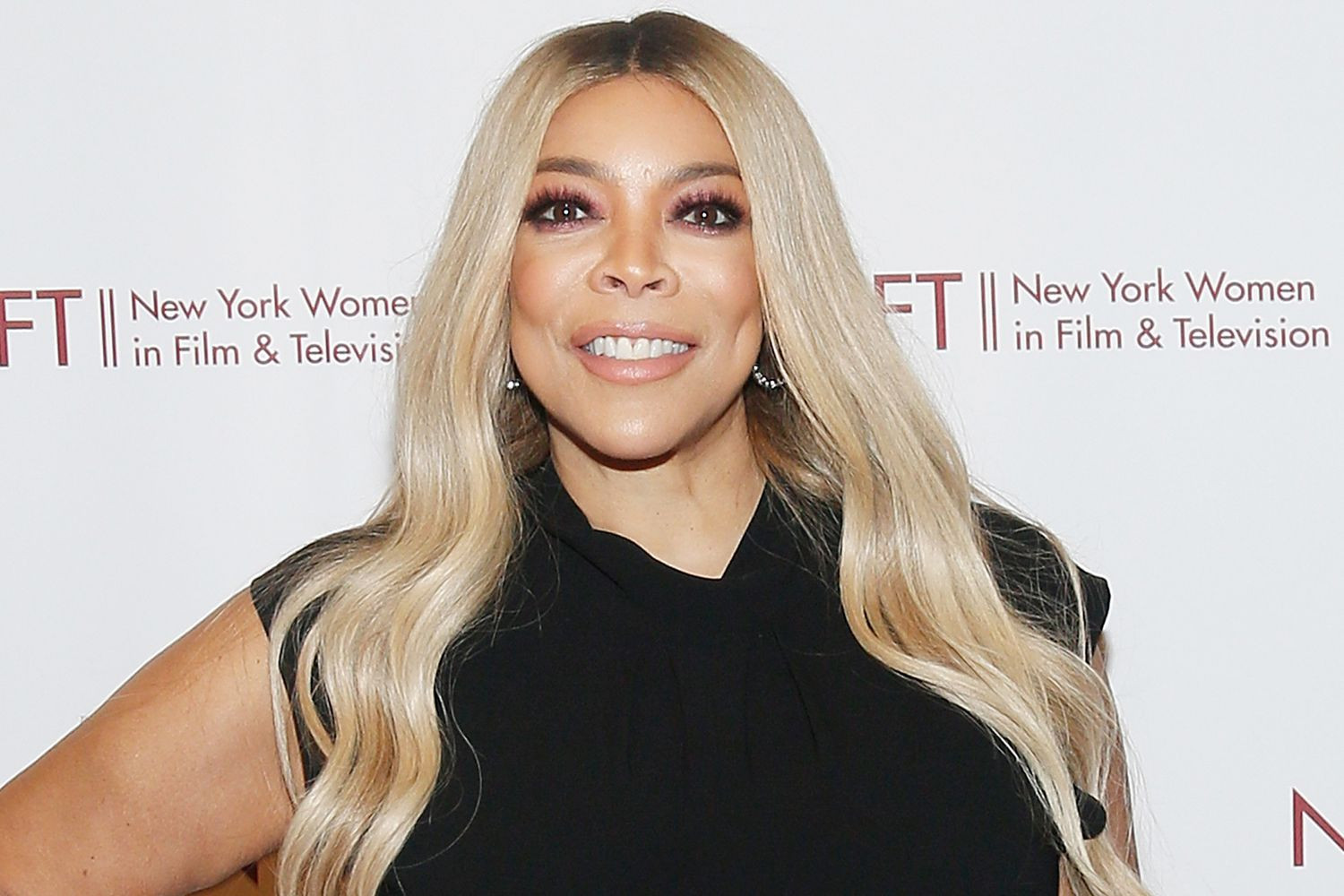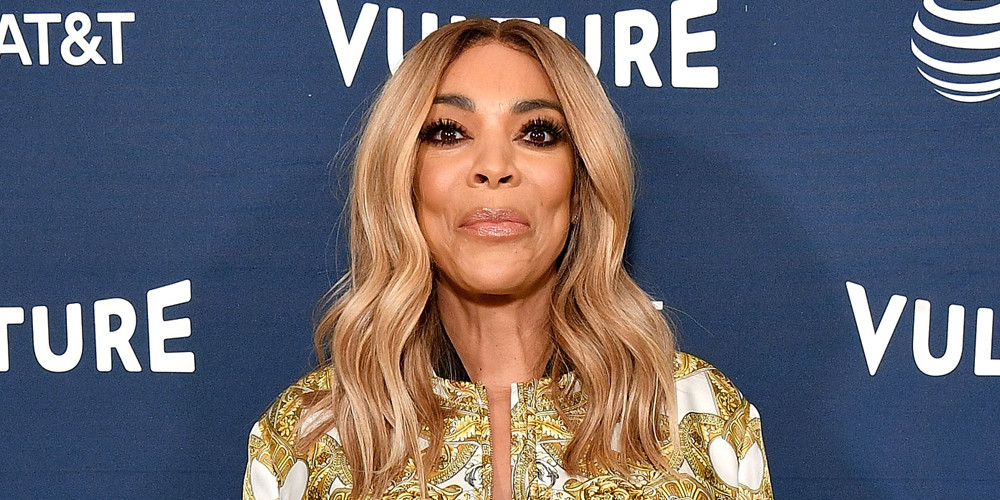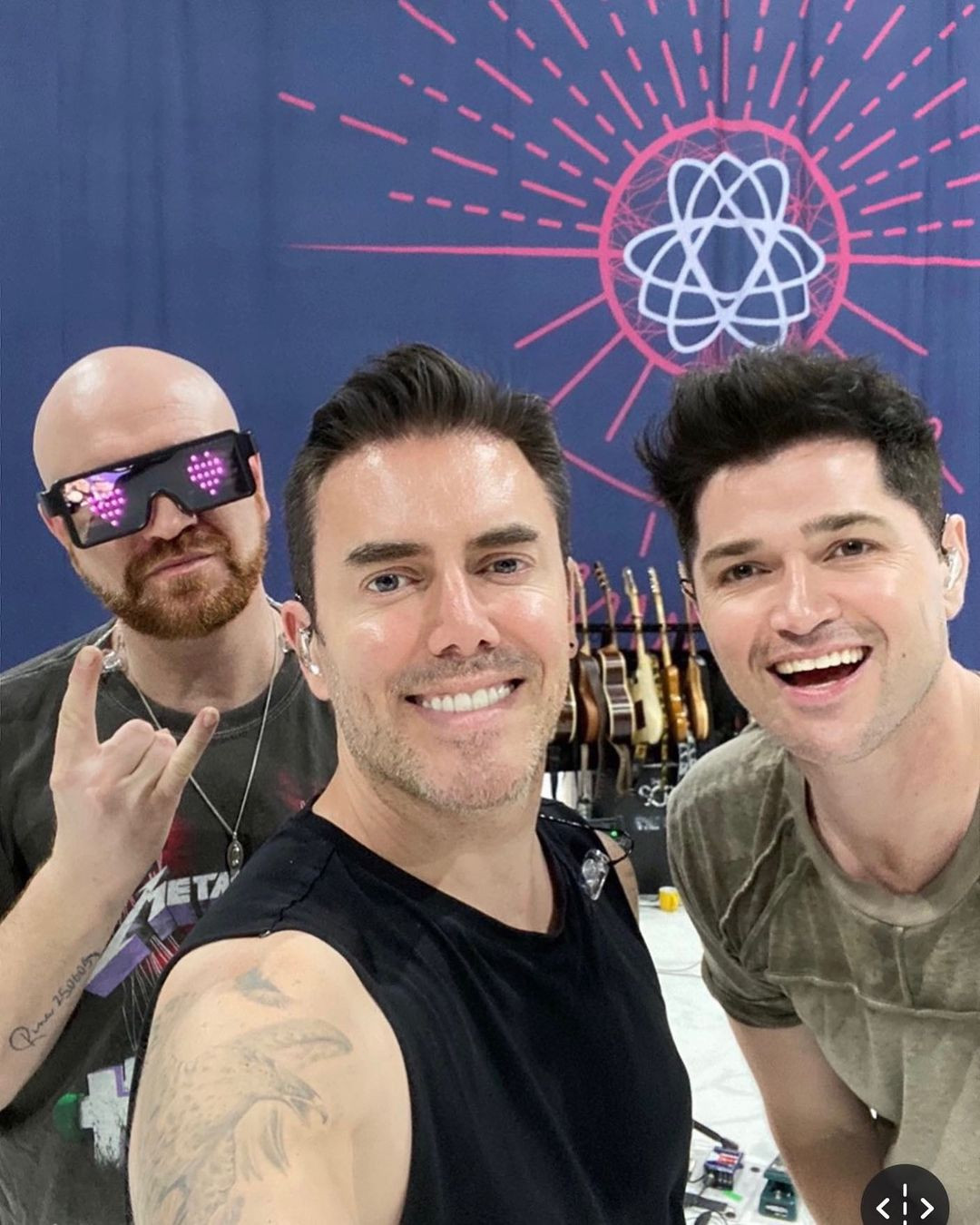Wendy Williams' Devastating Diagnosis and the Legal Battle Ensuing
Wendy Williams, the iconic talk show host, has reportedly been declared “permanently incapacitated” due to early-onset dementia. This heartbreaking revelation comes from a court filing made by her guardian, Sabrina Morrissey, who is fighting to protect Williams’s privacy and well-being amidst a controversial legal battle. The news follows Williams' diagnosis of frontotemporal dementia and aphasia, debilitating neurodegenerative diseases that impact behavior and language, as confirmed by multiple sources, including Morrissey's September court filing. Williams' diagnosis of frontotemporal dementia and aphasia came roughly a year after she was placed under legal guardianship to manage her health and finances. This recent development underscores the severity of her condition and the challenges faced by her loved ones in navigating her care.
The Lifetime Documentary Controversy
The legal fight surrounding Williams’ health and her image centers around the Lifetime documentary, “Where Is Wendy Williams?” Released earlier this year, the documentary, according to the court filings, depicts Williams in a vulnerable state, before she was even diagnosed with dementia. Morrissey claims that Williams lacked the capacity to consent to being filmed for the documentary, even though she was credited as an executive producer. Morrissey argues that the documentary’s producers, including A&E Television Networks, exploited Williams’s vulnerability for profit, while she received a paltry $82,000 in compensation. The filing indicates the documentary’s production continued despite Williams' obvious incapacity. This exploitation raises serious ethical questions about the responsibility of filmmakers when dealing with vulnerable individuals.
Morrissey's Fight for Redaction and Compensation
In a recent court filing, Morrissey is seeking to redact sensitive information about Williams’s health, family, and finances, highlighting the need to protect her privacy and dignity in this difficult time. The filing details the profound impact of the dementia diagnosis on Williams’s life and abilities. Moreover, the lawsuit seeks unspecified compensatory and punitive damages from Lifetime and other defendants involved in the documentary’s production. Morrissey contends that the defendants shamelessly profited from Williams’ suffering and vulnerability without her consent. Morrissey’s determined efforts to protect Williams from further exploitation and secure appropriate compensation underscore the urgent need for legal safeguards for individuals with cognitive impairments.
The Public's Reaction and Ongoing Support
The news of Wendy Williams’s incapacitation has sent shockwaves through the entertainment world and beyond, prompting an outpouring of support and concern from fans and colleagues alike. Her resilience in the face of previous health challenges has always inspired her devoted audience. Many are now expressing their compassion and empathy, while some are questioning the ethics of media organizations that might exploit vulnerable individuals. The revelation serves as a sobering reminder of the importance of respecting the privacy and dignity of individuals facing health crises, especially those who are particularly vulnerable due to cognitive decline. A clear picture of the full extent of the matter should emerge as the legal process unfolds.
A Star's Silent Struggle
In conclusion, the story of Wendy Williams’s ongoing battle with dementia, coupled with the ethical quandaries presented by the Lifetime documentary, presents a complex narrative of health, privacy, and exploitation. While the details of the case are still unfolding, one thing is clear: Williams' story reminds us of the importance of compassion, respect, and protection for those facing severe health challenges and the ethical considerations for media production and storytelling. The story's trajectory is marked by the court proceedings and the resolution sought by Williams' guardian and family to safeguard her privacy and well-being. Her fans and supporters await further updates with a heavy heart, hoping for justice and comfort for a beloved icon during this difficult period. The recent court filing requesting redaction of sensitive information further underscores the need for protecting the privacy and dignity of individuals battling such challenging medical conditions. While the future remains uncertain, the unwavering support from fans and the legal action taken on Williams' behalf demonstrate that her legacy and well-being continue to be of paramount importance.



















